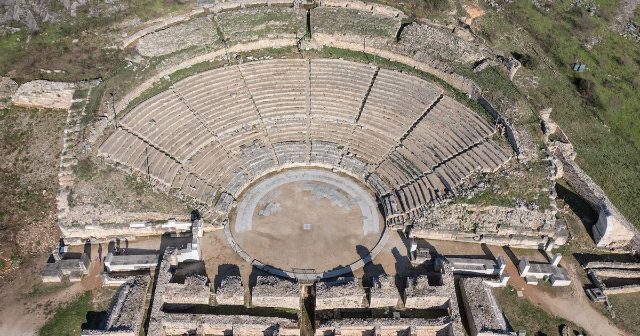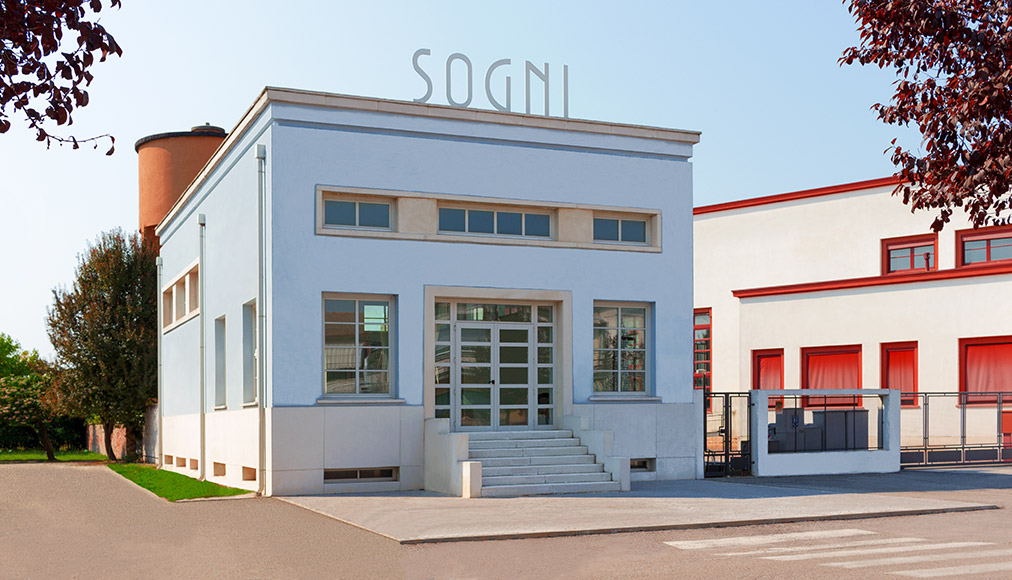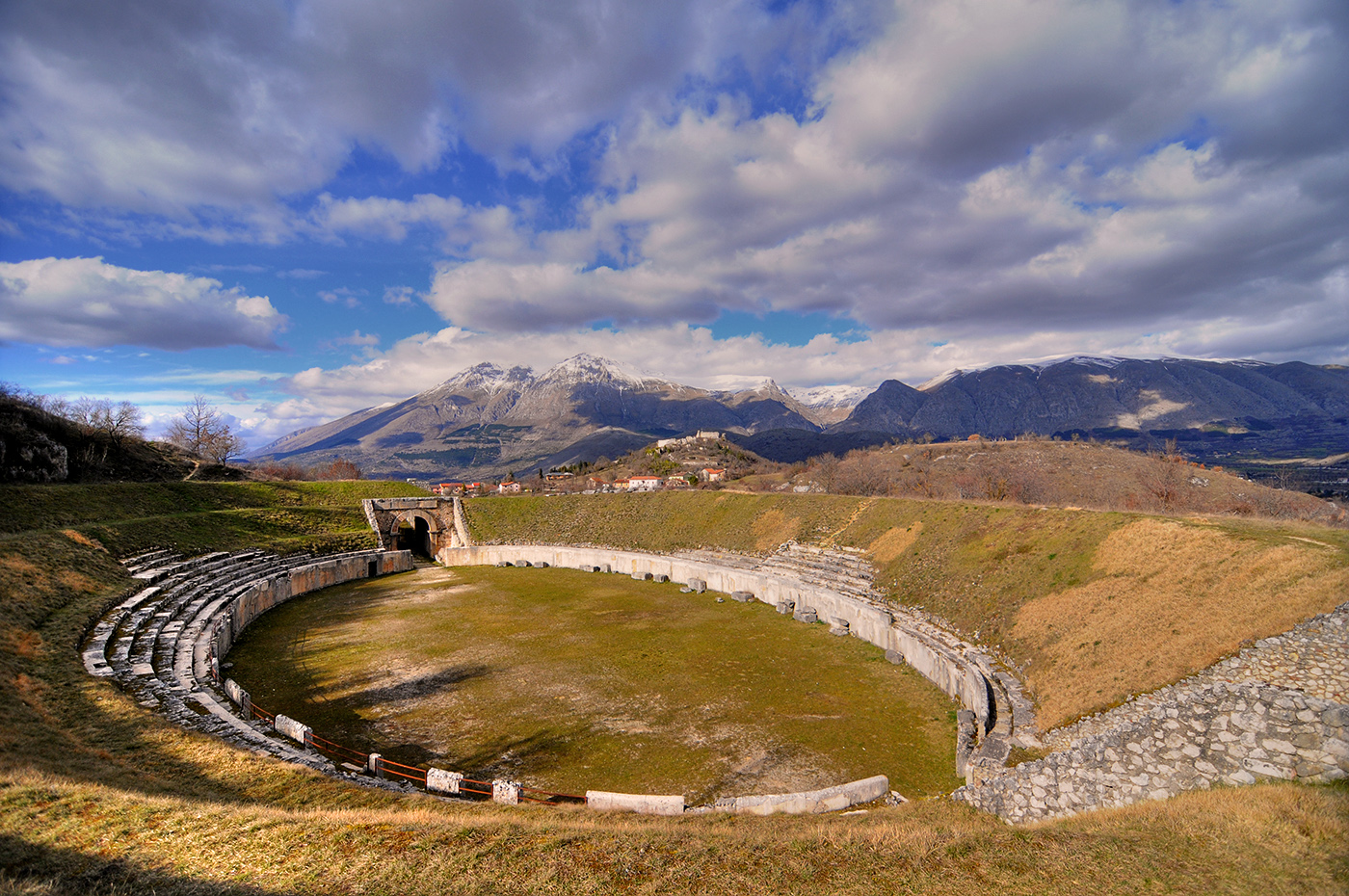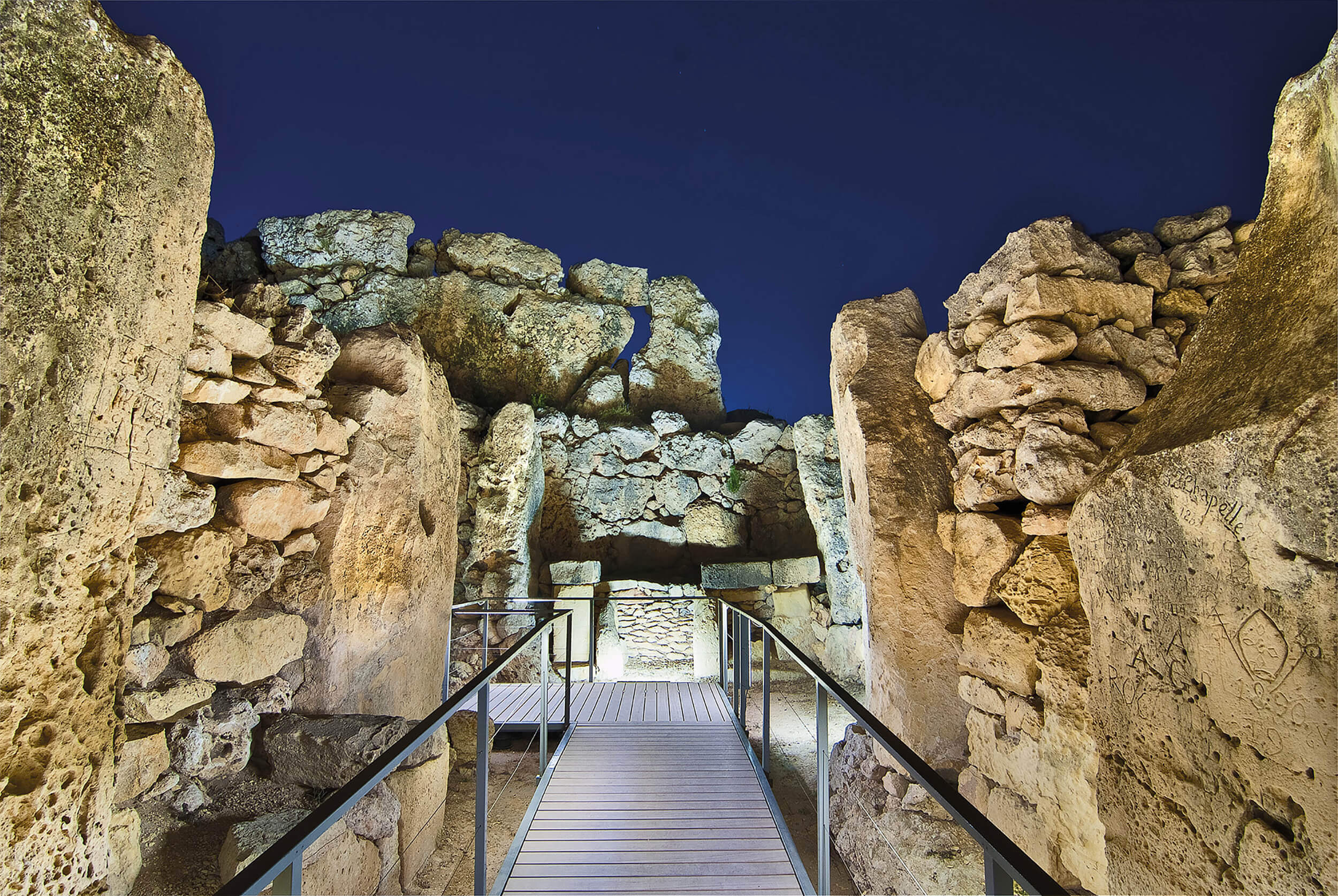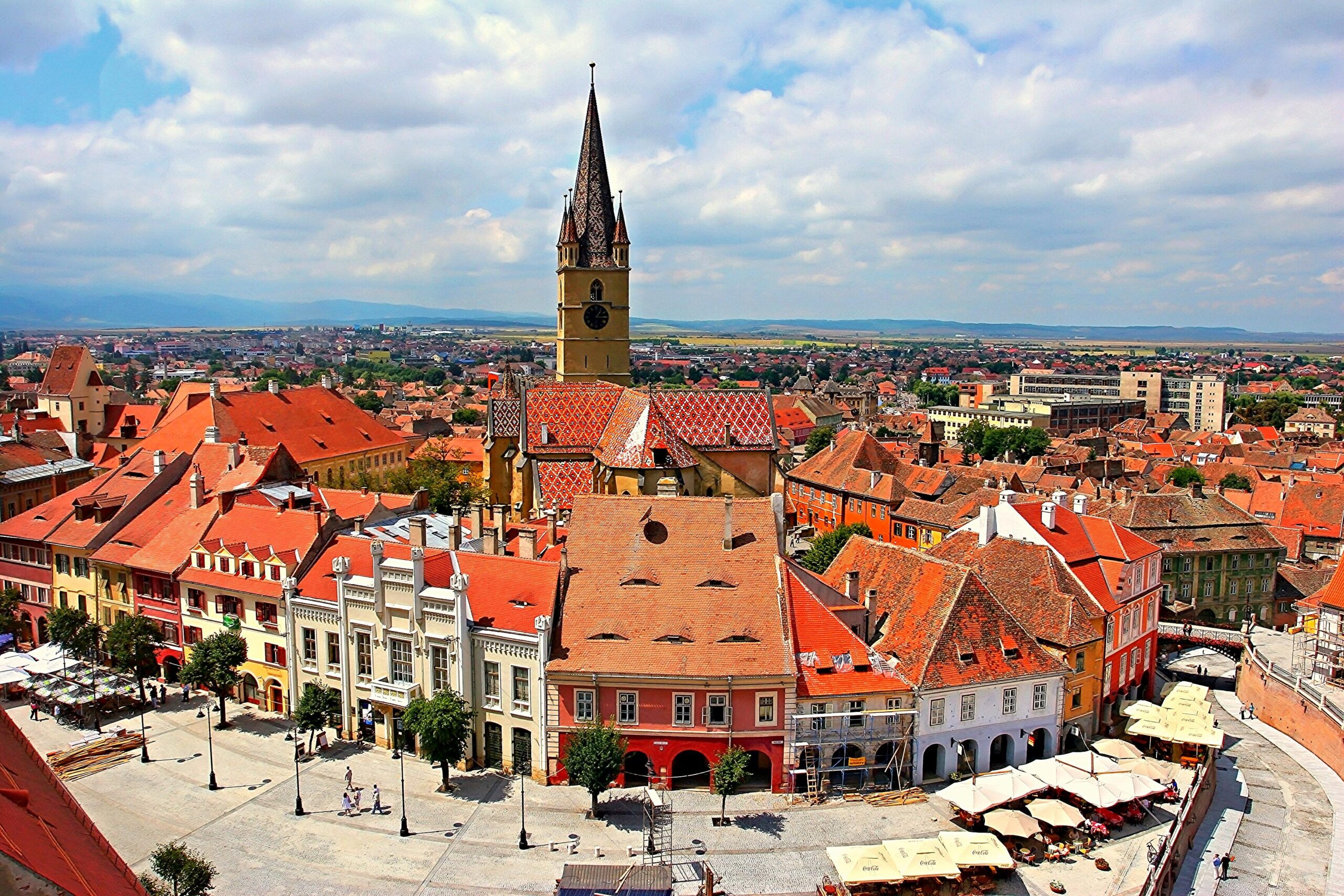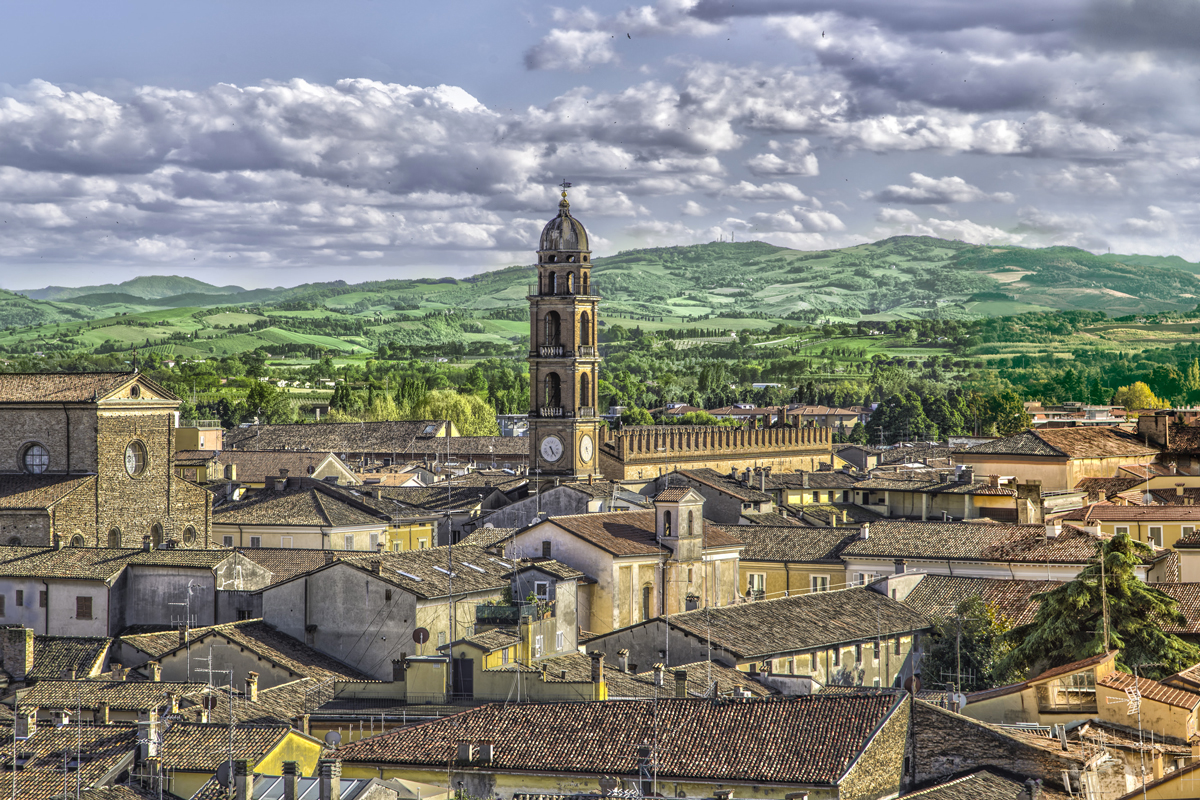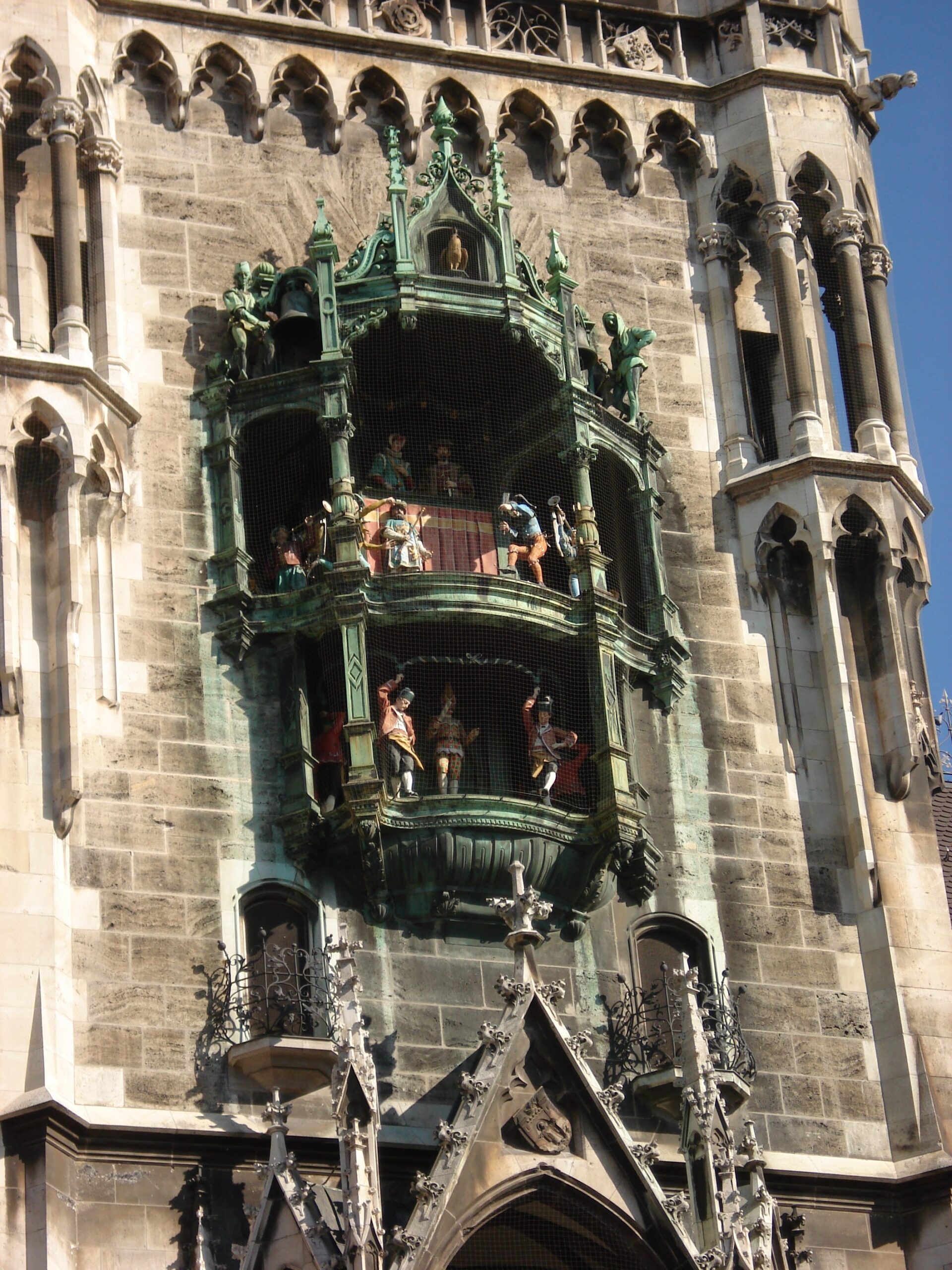The Archaeological Site of Philippi, inscribed on the UNESCO World Heritage List in July 2016, is a treasure trove of history and architecture that offers a journey through several transformative periods of Western civilization. Located in Greece, Philippi bears the traces of ancient Greek kings, Roman generals, and key figures in the Early Christian world, making it an unparalleled destination for historians, archaeologists, and tourists alike.
Initially established as a colony of Thassians under the name Krinides in 360 BC, the city was soon conquered by Philip II of Macedonia. Under his rule, the city was fortified and renamed Philippi. The city flourished during the Hellenistic period, gaining a theatre, public buildings, and private residences. The ancient theatre of Philippi is one of the site’s most impressive monuments and serves as a venue for the annual Philippi Festival.
But perhaps the most significant event in Philippi’s history was the pivotal battle in 42 BC between Roman Republicans and supporters of the monarchy, effectively ending the Roman Republic. This event left an indelible mark on the city’s history, but it would not be the last. The Apostle Paul arrived in Philippi around 49/50 AD and founded the first Christian church on European soil, changing the city’s trajectory once more.
During the Early Christian period, Philippi became an epicenter for Christianity, thanks in part to the city’s location along the Via Egnatia, one of the ancient world’s major roads. Several significant Early Christian structures were erected in the city, such as the Octagon complex and the “Bishop’s Palace”, which are among the best-preserved of their kind globally.
By the 7th century AD, the city was largely abandoned due to a series of earthquakes and Slavic invasions. It resurfaced in the Byzantine period as a fortress but was eventually abandoned after the Turkish conquest in the late 14th century.
Ongoing archaeological work by the Archaeological Service, the Aristotle University of Thessaloniki, and the French School of Archaeology has continued to unearth the site’s rich past. The finds from these excavations are showcased in the Archaeological Museum of Philippi, giving us a vivid glimpse into the multi-layered history of this extraordinary place.
The Archaeological Site of Philippi stands not just as a testament to the city’s grand history but as a monumental chronicle of the Western world’s evolving cultures and beliefs. Whether you are an archaeology enthusiast, a history buff, or a curious traveler, Philippi offers a window into the origins and shifts of civilizations that have shaped our world.

